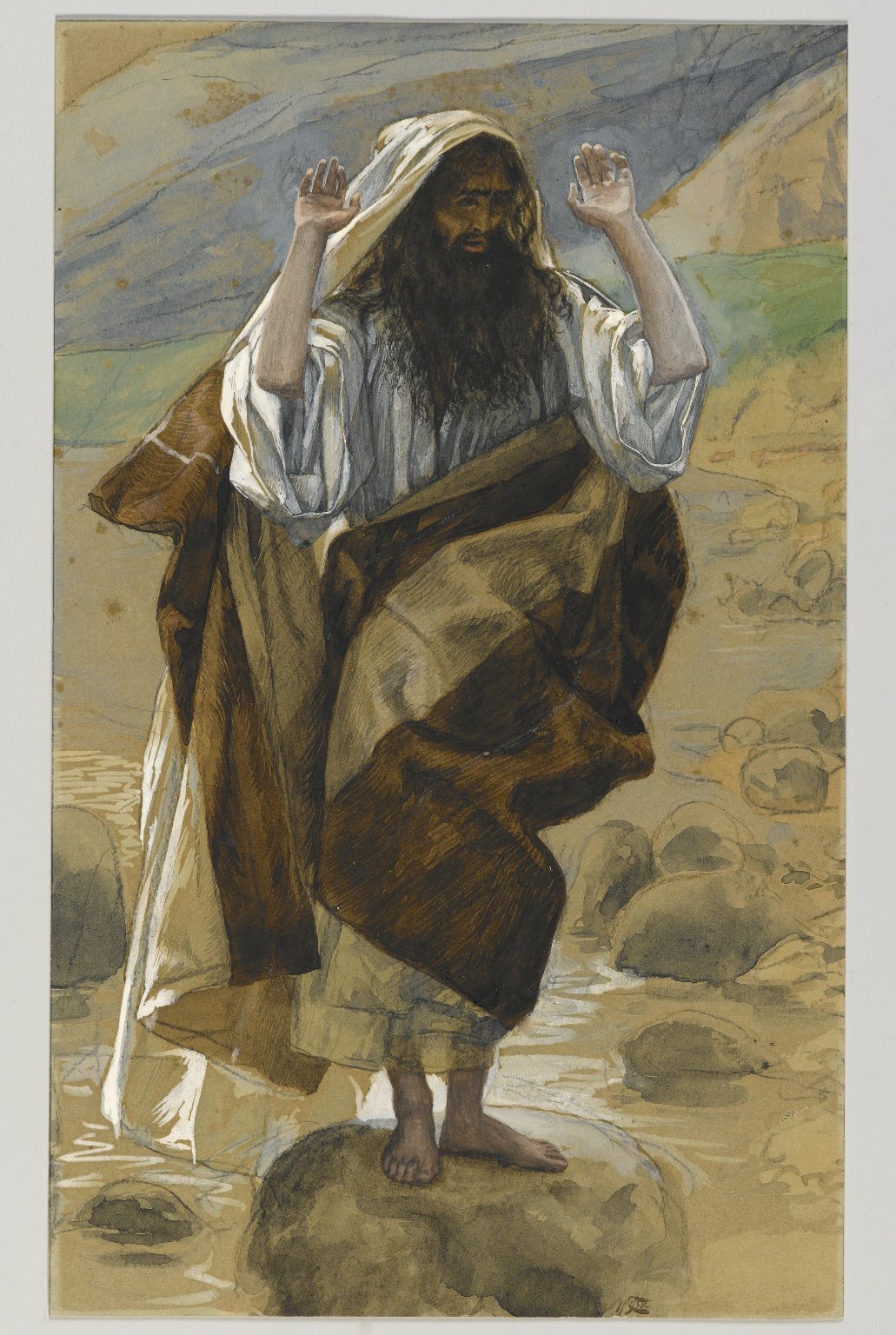Dear Friends,
Merry Christmas! Yes, Christmas! Although the world has moved on, the tinsel is down and radio stations playing 24-hour carols have gone back to easy listening, as Christians, we are still celebrating Christmas: the fact that God has taken on flesh and entered into real time and history.
This Sunday, we will celebrate the 12th day of Christmas by remembering the visit of the Wise Men or Magi from the East.
Illustration by Nia Starr
The Magi, from where we derive the word “magician,” were powerful men (essentially a cross between a scientist and a diplomat) amongst the empires of the Medes, Persians and Babylonians. The prophet Daniel was a Magi, which might explain why these men might have had the notion that a king was born in Judah. Although today they line the pantheon of Secular Christmas characters along with “8lb, 6oz newborn Jesus,” Santa Claus, Rudolph the Red-Nose Reindeer, Frosty the Snowman and a Menorah for good measure, very little is known about the Magi from the Bible.
They were actually popularized between the 3rd and 5th centuries by Gnostic Christians. The Gnostics were enchanted by secret magic and esoteric theories (sounds a lot like religion today). In some of their expanded, yet fabricated, accounts of the birth of Jesus, they added exotic stories about the Magi following a magical star across the desert sands on camels, finally arriving after a long and perilous journey to worship the infant Christ.
In the Medieval Times, although the Gnosticism had been disconnected from the Wise Men, the exotic stories were still deeply embedded. They were given names—Balthasar, Melchior and Caspar—and came from such lands as Iran, India and Ethiopia; places to a Flemish, German, or English peasant that would have seemed like the other end of the galaxy. Supposedly, today their remains are kept in a beautiful reliquary in the medieval cathedral in Cologne, Germany.
One of the truths that I love about the Wise Men visiting the newborn king of Israel is when the story is read through the Hebraic eyes of the first Christians. The last time any emissaries arrived from the East to visit a King of Israel or Judah, it was “destroy and conquer.” However, this time St. Matthew tells, there is a new king on the block. These Wise Men have come to worship and bring gifts. The Magi fulfill the prophet Isaiah’s prophecy that the nations shall come to worship the Messiah (Isaiah 42).
They also reveal the profound truth of the Gospel, that God is always revealing himself to his enemies, God is always revealing himself, to the least likely of people: not Pharisees and Scribes, but Gentile Magicians.
This becomes Good News for us as we wrap up Christmas and go into Epiphany and 2020. God is always drawing you to himself and revealing himself as your Lord and Savior in places you naturally wouldn’t assume.
We will see you this Sunday!
Pax,
The Reverend Jacob Smith







